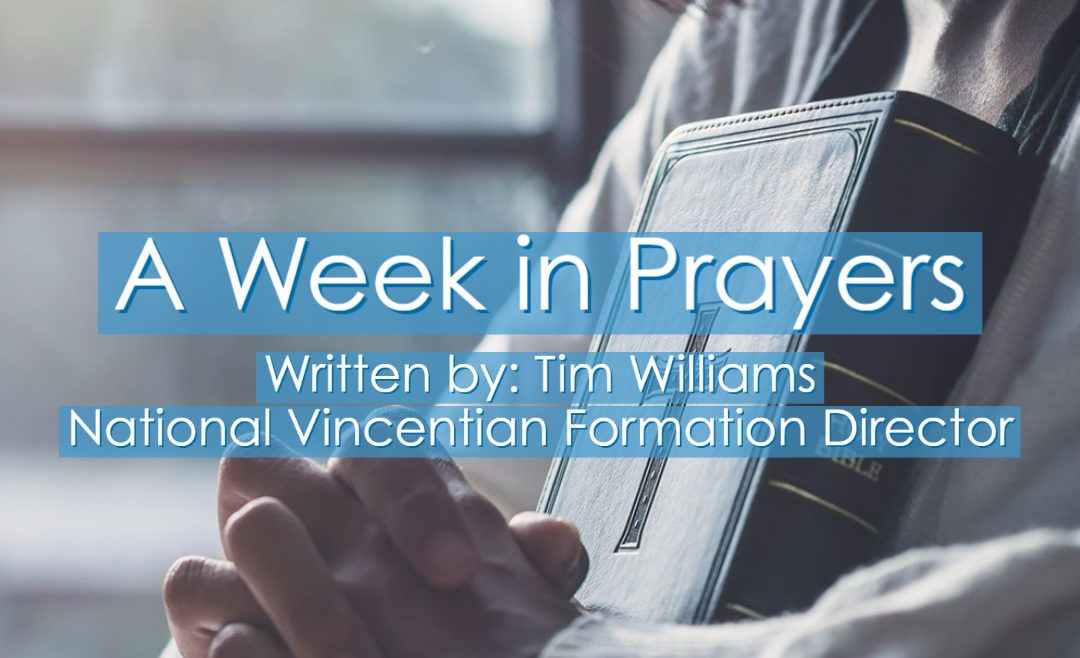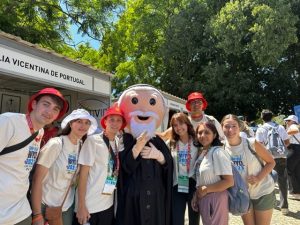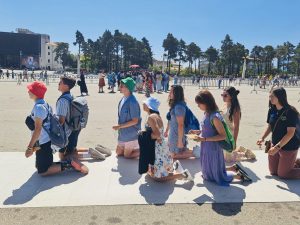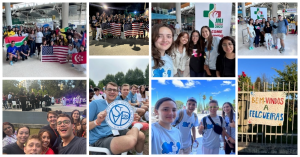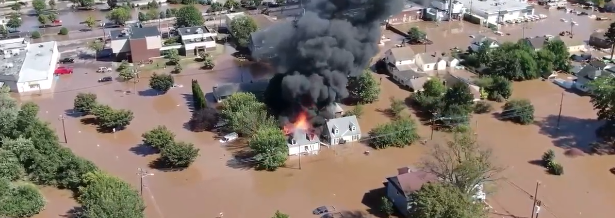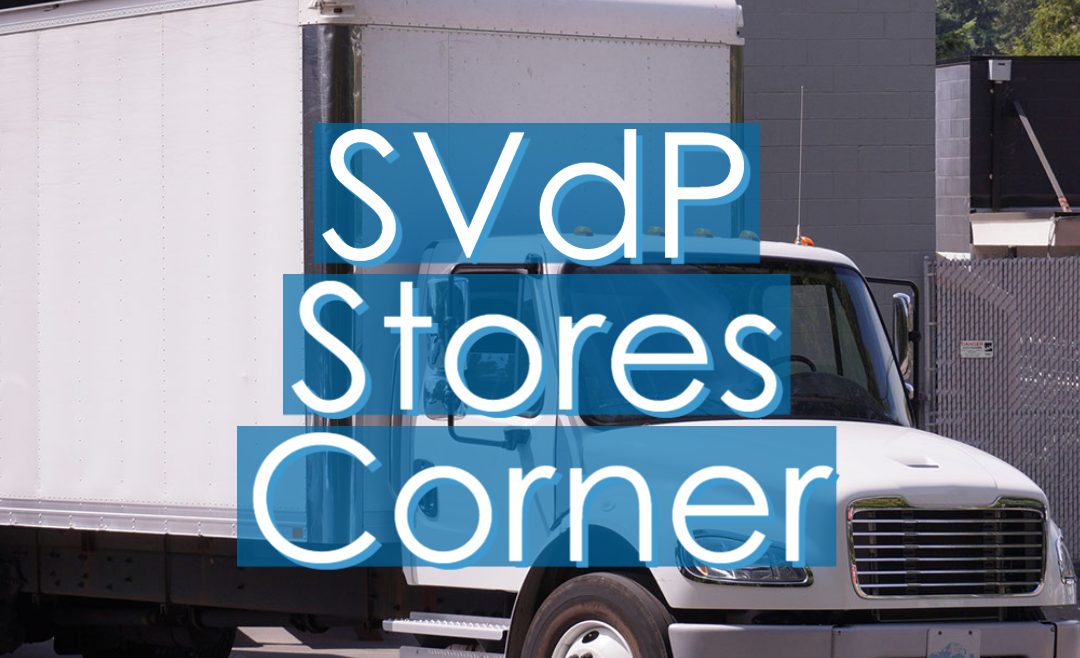Next week, your National Council will perform two of its most important obligations when it meets in St. Louis. We want all of our members nationwide to understand the impact of these decisions, even the impact on your local Conference. Wow, sounds pretty ominous, doesn’t it?
One responsibility of our membership representative body, called the National Council, is to elect a National President and to ratify the new President’s appointed Board of Directors for its six-year term of office. The Presidential election was held months ago, so that our new President-elect John Berry would then have months to prepare for his time in office and to consider his board appointments and their responsibilities. According to our Rule, the President appoints the board (most of them, anyway – the Regional Vice Presidents are elected by members of their regions) and these appointments are ratified by the membership. This Rule provision is included to assure transparency among our members and the public about who is on the National Board, and hopefully to give them comfort that the right people have been selected according to their skills and experiences both inside and outside of the Society of St. Vincent de Paul. Considering that these Board members will be asked to serve for up to six years, this is not a frivolous undertaking!
The second decision to be made next week is an annual one, to establish a National Council budget for the next fiscal year. Writing this as your national CEO, I feel we are relatively blessed among national organizations at budget formation time. First, despite crazy economic times and a pandemic period that disrupted so many parts of our lives, we have a working, stable membership dues (called solidarity) formula. It is based on the annual income of our member Councils and Conferences, calls for never more than six-tenths of one percent of local income already earned the year prior – sometimes less with excepted revenue categories – and funds less than half of the National Council budget. Second, we have grown non-solidarity revenues to support member services growth. This includes a direct mail fundraising program shared with local participating Councils, planned giving including bequests, and smaller fee programs such as catalogue/book sales. Third, through policy development and management practices we have invested windfall bequests and other gifts and any retained revenues to produce annual investment income that reduces the need for dues funding. Along with managing our expenses properly, we benefit from a strong annual budget that allows for sustainable operations and opportunity for program/services growth with only moderate risk.
There is much more to all this, of course, but the bottom line is that the National Council uses a membership-represented body, the National Council, to provide a representative leadership National Board of Directors, who then provides a strong budget request back to the National Council for its discernment and approval. By the way, the National Council sees the board appointments and the annual budget recommendation at least 45 days before it votes – no slipping things under the door at the last moment!
If you want a membership meeting full of angry shouting, accusations about hidden agendas or funds, and knee-jerk leadership and financial actions, I guess you will need to look elsewhere. (Please fill in your own joke here…) It’s just not in our Vincentian nature or the way we operate. We don’t apologize for being somewhat boring! However, if you want to see a stable, servant leader, membership-driven and led organization in action that has continued to move ahead for 175 years, I invite you to come to the Business Meeting. Or if you prefer, you can watch a video of the meeting that we will bring you soon!
Please thank your voting National Council Member (NCM), almost always the Arch/Diocesan Council President or the President of the oldest District Council where we don’t yet have an Arch/Diocesan Council. We ask, as I hope you do as well, for this NCM role to be taken very seriously. After all, they represent you among nearly 90,000 other US members. When they return from St. Louis after next week, ask what they heard, what they approved, and what they learned on your behalf.
Yours in Christ,
Dave Barringer
CEO



